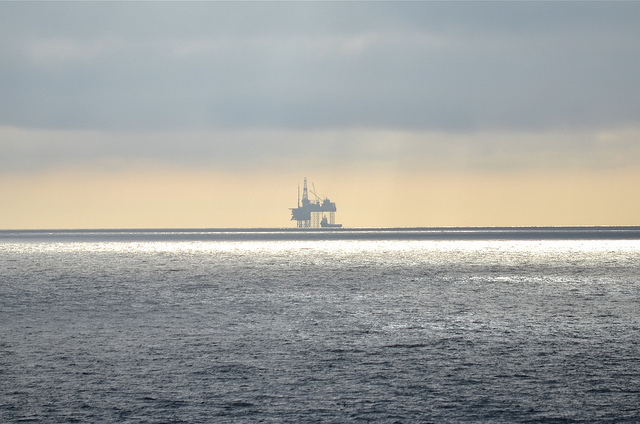 In one of his first comments as the Defence Minister in Tony Abbott’s new government, David Johnston said that the ADF needs to be equipped to help safeguard regional sealanes. It’s easy to see this as a quaint notion which brings to mind the convoying of shipping to elude and deter U-Boat attacks in the Atlantic. But it’s probably a good idea to take the comment seriously as one sign of the new government’s philosophy.
In one of his first comments as the Defence Minister in Tony Abbott’s new government, David Johnston said that the ADF needs to be equipped to help safeguard regional sealanes. It’s easy to see this as a quaint notion which brings to mind the convoying of shipping to elude and deter U-Boat attacks in the Atlantic. But it’s probably a good idea to take the comment seriously as one sign of the new government’s philosophy.
The idea that the ADF needs to prioritise the maritime supply routes by which Australian gas and coal reach major East Asian markets (such as China, Korea and Japan) says something important about the Abbott era priorities. As I’ve argued over at The Interpreter, there’s a strong commercial dimension to the external policy of the new government. Almost all parts of the government machinery, including defence, will find themselves justifying their existence in terms of what they mean for the creation and protection of Australia’s capacity to generate wealth.
Whatever we think of the wisdom of connecting defence with trade, more of this logic is probably to come. In his comments the Minister signalled the value of small and light ships, along the lines of US littoral combat vessels, presumably with the protection of offshore energy installations partly in mind. But securing the sources of Australian wealth doesn’t suddenly mean that the shape of the ADF will be radically altered. The new government could justify all manner of defence investment in connection to the protection and promotion of Australia’s commercial interests. If regional stability is the necessary condition for Asia’s continuing economic prosperity, for example, the ADF’s regional role can be sold as a commercial multiplier effect.
Similarly, if a contribution to safe sealanes (whether or not this is necessary, significant or sensible) requires maritime domain awareness; all sorts of surveillance, intelligence and reconnaissance functions receive a form of justification. And if trading partners in Asia are understood to look favourably on military power as a sign of a country’s international status, then defence diplomacy can instantly have a commercial rationalisation.
But this philosophy will bring with it natural and crucial limitations. For example, many of the South Pacific countries aren’t significant markets for Australia, and can even be depicted as economic liabilities. A commercial focus would skew the new government’s defence engagement in its nearer neighbourhood. There might be room for a growing Indonesia and resource rich PNG perhaps, but not much emphasis elsewhere.
If taken too far, a commercial justification for Australia’s defence effort could also have some weird effects on the country’s approach to the ANZUS alliance. The United States is an important trading partner for Australia and the investment relationship between the two is substantial. But over time a commercial focus must give priority to Australia’s defence relations in Asia. Perhaps this will be the Abbott government’s indirect way of signalling a loosening of the old alliance ties?
Of course, more the any other, the US navy is able to help keep the region’s trading routes open and secure. But without a broader strategic justification, which has to do with a balance of regional military power and not economic relationships, a strong US presence in the region makes far less sense. And similarly, broader arguments about international order and justice make sense of Australia as a contributor to international peace operations. Commercial arguments don’t make the cake. So the new government might want to be careful in how far it takes the logic.
I might be criticised for making far too much of one set of the new Defence Minister’s comments. But the commercial imperative I detect may have at least one positive outcome for defence. In making these remarks, Senator Johnston argued that Australia’s need for ‘cutting-edge, cost-effective ships’ meant that it was wise to keep a domestic ship building capacity. But if applied consistently and fearlessly, a commercial logic for Australia’s defence priorities would halt the construction of complex military platforms in Australia in cases where there are more cost-effective overseas options to consider. The ADF’s vessels could then come from the same international marketplace which they will be asked to help secure.
Robert Ayson is on research leave from Victoria University of Wellington at the ANU’s Strategic and Defence Studies Centre. Image courtesy of Flickr user timabbott.

